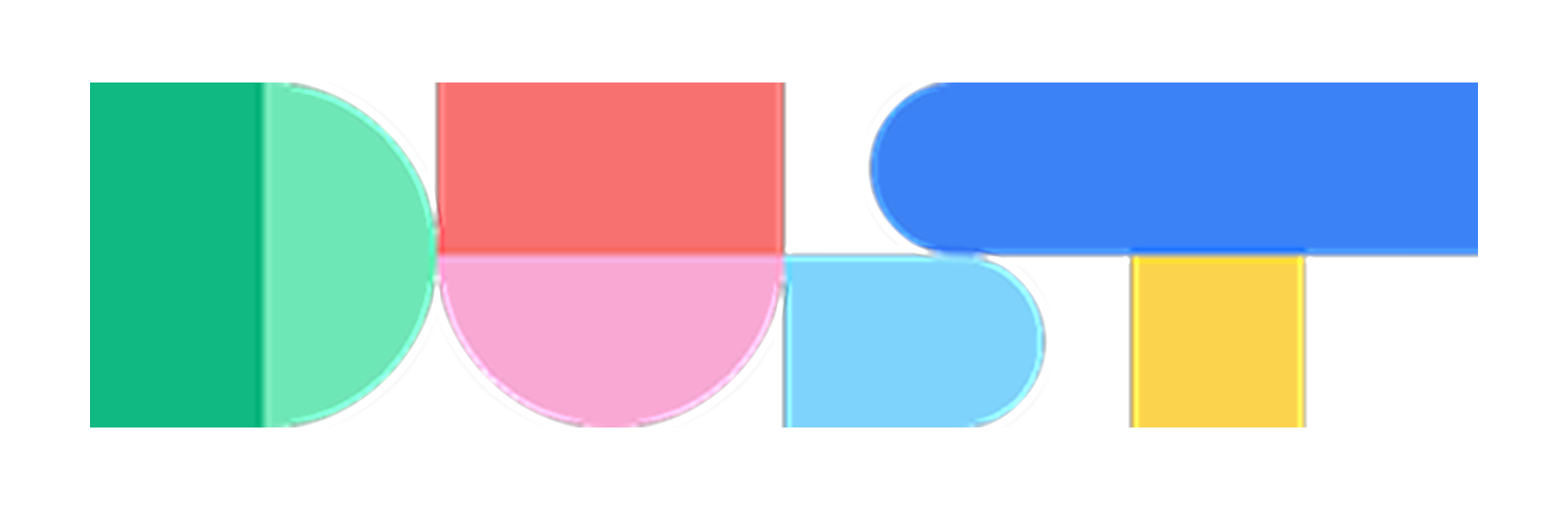Hey team, We received this email. I understand that we should migrate the Dust Slack app to the new one. But I don't understand if it impacts the usage of slack channel as data sources within AI Agent in Dust, does it? cc Léo Martin
Hi, happy to clarify - Yes, the Slack terms update significantly impacts Slack channel data sources in AI agents. Here's what's happening:
Slack no longer allows third-party indexing of Slack data due to updated terms of service (effective Sept 2nd, 2025)
Your current Slack DataSource (the one that indexes channel content for AI agents) will be deleted on September 2nd for compliance
Impact on AI agents:
AI agents that currently use Slack channels as data sources will lose access to that data
The Slack bot (@Dust in channels) can still work, but requires migrating to a new marketplace app
As of July 25th: Current @Dust bot renamed to @DustLegacy , on August 1st: @DustLegacy stops responding, and on September 2nd: Slack DataSource completely deleted , we will communicate before this happens In short, you should migrate to the new Slack bot app from the marketplace for @Dust interactions, but you will lose the ability to use Slack channels as indexed data sources for your AI agents after September 2nd.
lose the ability to use Slack channels as indexed data sources
I missed that from the email, I thought a new “set of Slack tools” were released to allow us to keep using Slack as data sources? Completely losing Slack channels content in what agents can access would be a huge bummer for us.
Sorry for the confusion, there are new Slack tools, but they work very differently from the previous data source approach. allow me to clarify: what is in the past: Slack as a data source: The ability to have Slack channels indexed and searchable through semantic search in your AI agents after the change: the agents can no longer search across all your Slack history using AI-powered semantic understanding What the new Slack MCP tools provide:
Keyword-based search tool: Agents can search Slack messages, but it's very different from what you had before, It uses Slack's basic keyword search API (the same search you see in Slack's UI) - not semantic search, and each user must authenticate with Slack when using these tools
the key differences being: Instead of having all Slack content indexed and immediately searchable, agents now make live API calls to search Slack, and the search results are limited to what each individual user can see, not workspace-wide access Dust is working with Slack closely and will keep the community informed 🙏
here is where you can find the full context: https://dust-tt.notion.site/Slack-Terms-of-Service-update-and-API-Changes-21728599d94180f3b2b4e892e6d20af6
